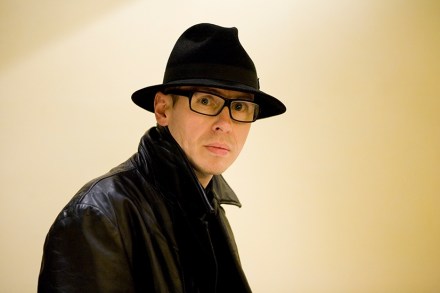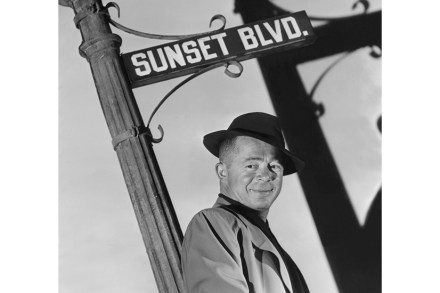Doctor Butcher: crank, genius or son of Frankenstein?
I hated reading this book. Not only was it objectively upsetting, as any book describing monkey vivisection would be (I put my head in my hands when I realised there were photographs), it was also dispiriting, because it showed up my hypocrisy. Like so many, I would gratefully accept perfusion brain-cooling techniques if they helped




















